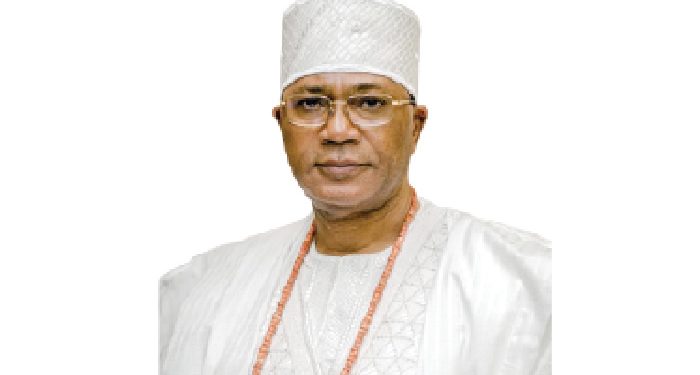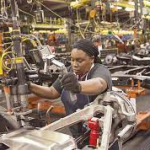The President of the Manufacturers Association of Nigeria (MAN), Francis Meshioye, has voiced concern over how recent government reforms and policies have significantly harmed the manufacturing industry. He identified key policies such as the removal of fuel subsidies, floating of the naira, exchange rate adjustments, and the hike in monetary policy rates as major factors worsening conditions for manufacturers.
Speaking at the 38th Annual General Meeting (AGM) of the Edo/Delta branch, held in Benin, Meshioye—represented by MAN’s Director-General, Segun Ajayi-Kadir—stated that the challenges brought by these policies highlight the timeliness of the AGM’s theme, “Igniting Economic Growth and Development through Improved Competitiveness of Made-In-Nigeria Goods.”
Meshioye also urged the Edo and Delta state governments to deepen their relationship with the sector and address issues like the harassment caused by multiple taxation from local government revenue agents.
“These challenges have negatively impacted the manufacturing sector in a great proportion. Our discussions will enhance our advocacy content and point to the direction the government needs to follow to resolve the challenges militating against the performance of the manufacturing sector,” he remarked.
Operational Challenges Persist in the Manufacturing Sector
Chairman of the Edo/Delta MAN branch, Ehizogie Osadolor, expressed concern over the persistent operational challenges in the sector, despite multiple advocacy efforts and representations made to the government. Osadolor highlighted high electricity tariffs, rising exchange rates, elevated lending rates, and multiple taxes and levies as some of the major problems manufacturers face.
He particularly criticized the new electricity tariff, which increased from N68 per kilowatt-hour to N225/kWh, warning that this drastic rise could force manufacturers out of business, worsen inflation, and suffocate small and medium enterprises (SMEs).
“It is of great concern and unfortunate that the manufacturing sector is still faced with a gamut of operational challenges despite several advocacy drives and presentations to the government at the highest level,” Osadolor noted.
Call for Policy Reforms to Stimulate Economic Growth
Osadolor urged the government to implement policies that would support economic growth and prosperity. He emphasized the need for the government to encourage non-oil exports and attract stable foreign investment, both of which would increase foreign exchange supply and boost forex revenue.
He also called for increased investment in renewable energy and the decentralization of power generation and distribution, which would allow states to generate and distribute electricity independently. Furthermore, Osadolor appealed for the elimination of excessive customs duties and overlapping regulatory mandates that currently hinder manufacturing growth.
“The government should declare manufacturing a priority by providing loans at single-digit interest rates to manufacturers to boost output and stimulate the economy,” he suggested.
Osadolor assured that the Edo/Delta MAN branch would continue advocating for policies that positively impact the operations of member companies and strengthen relationships with government ministries, departments, and agencies.









